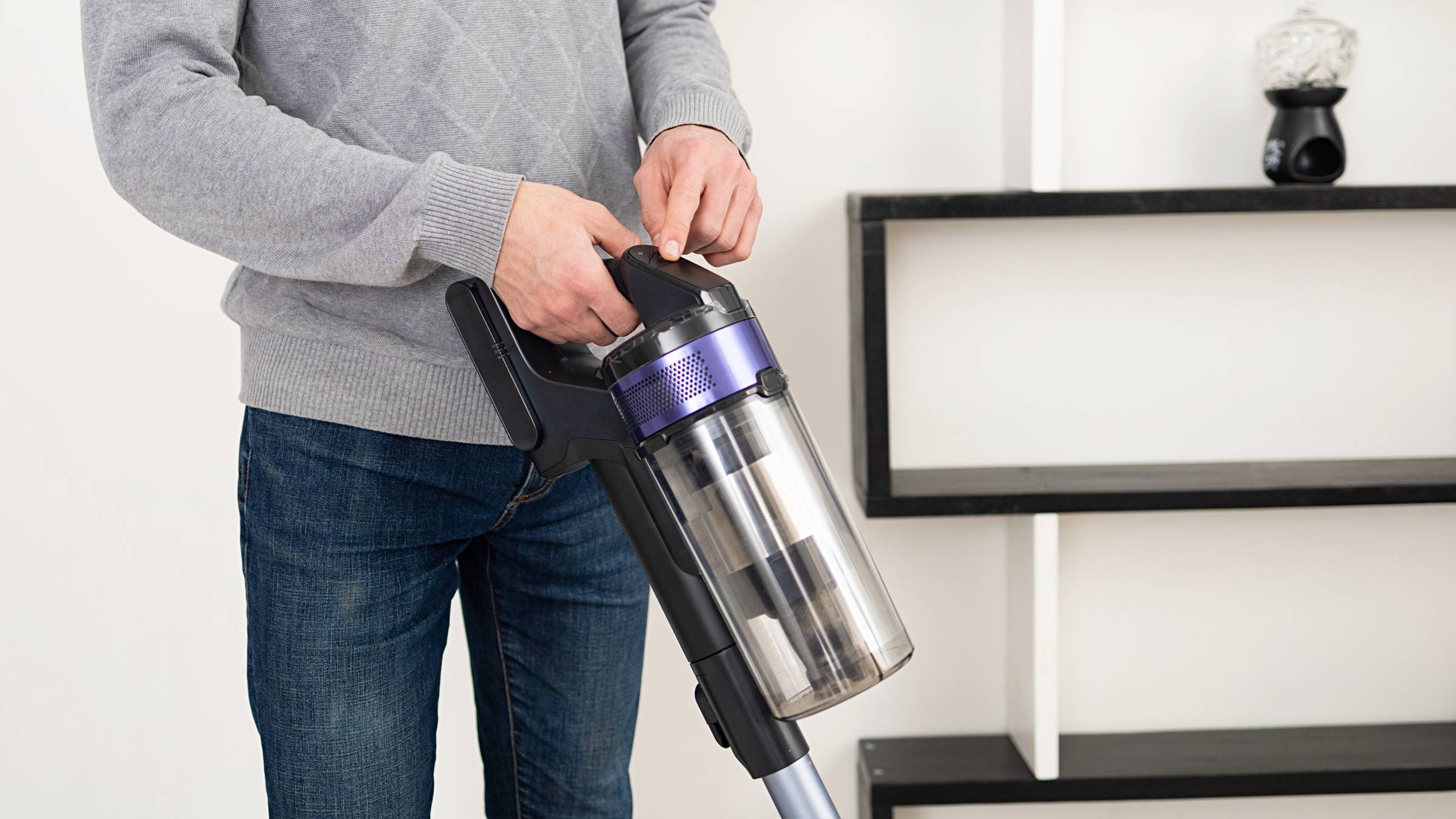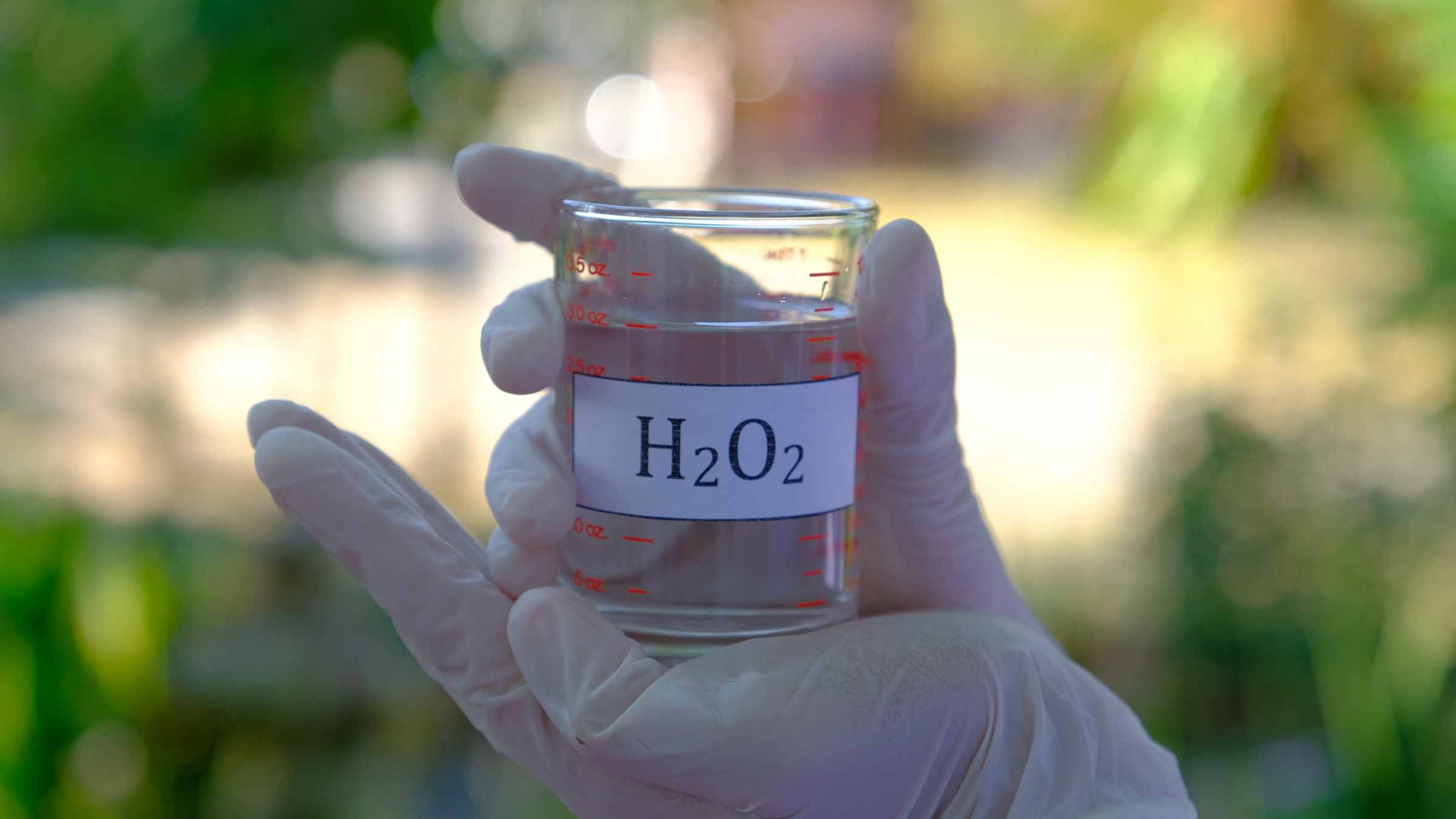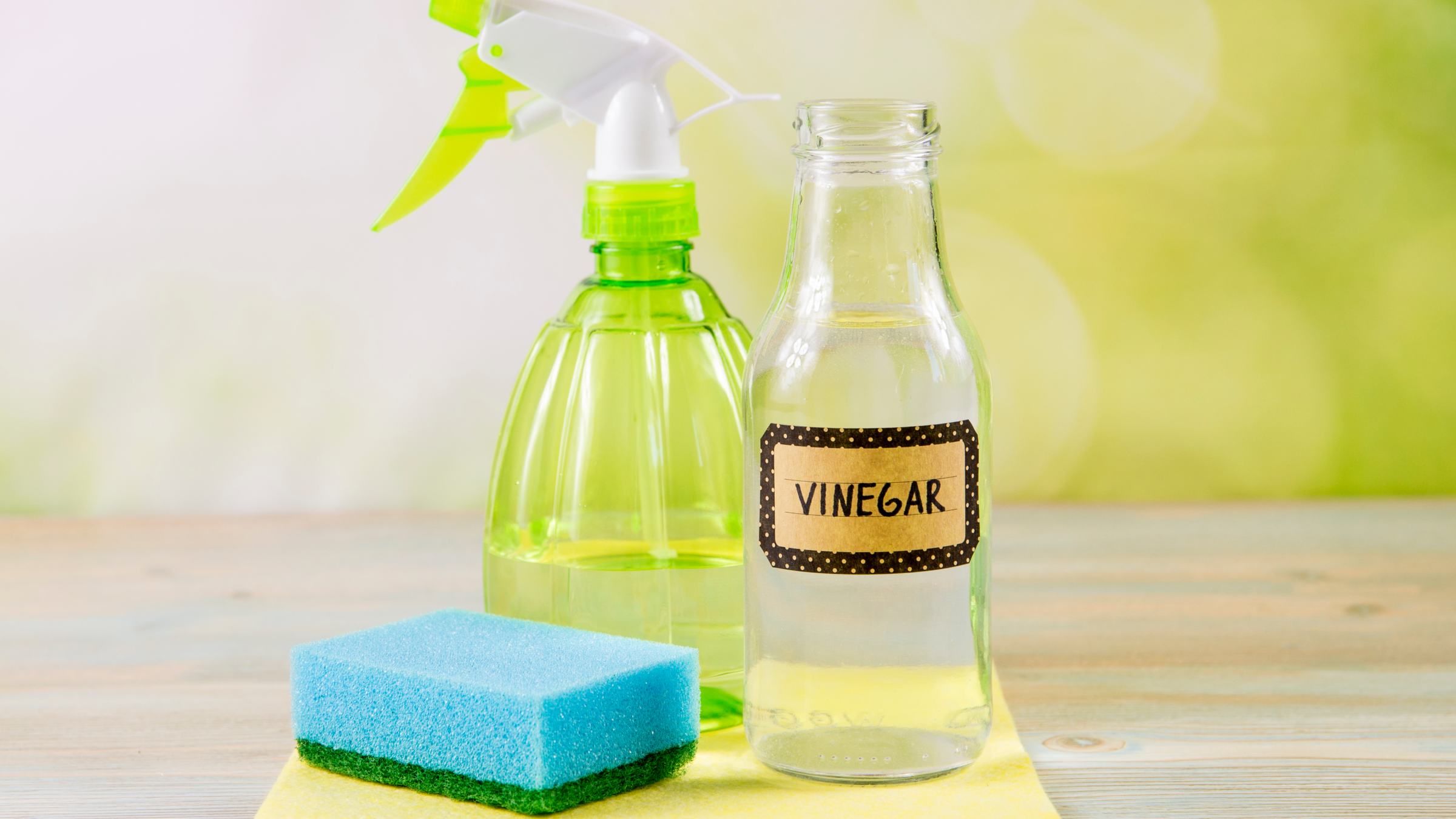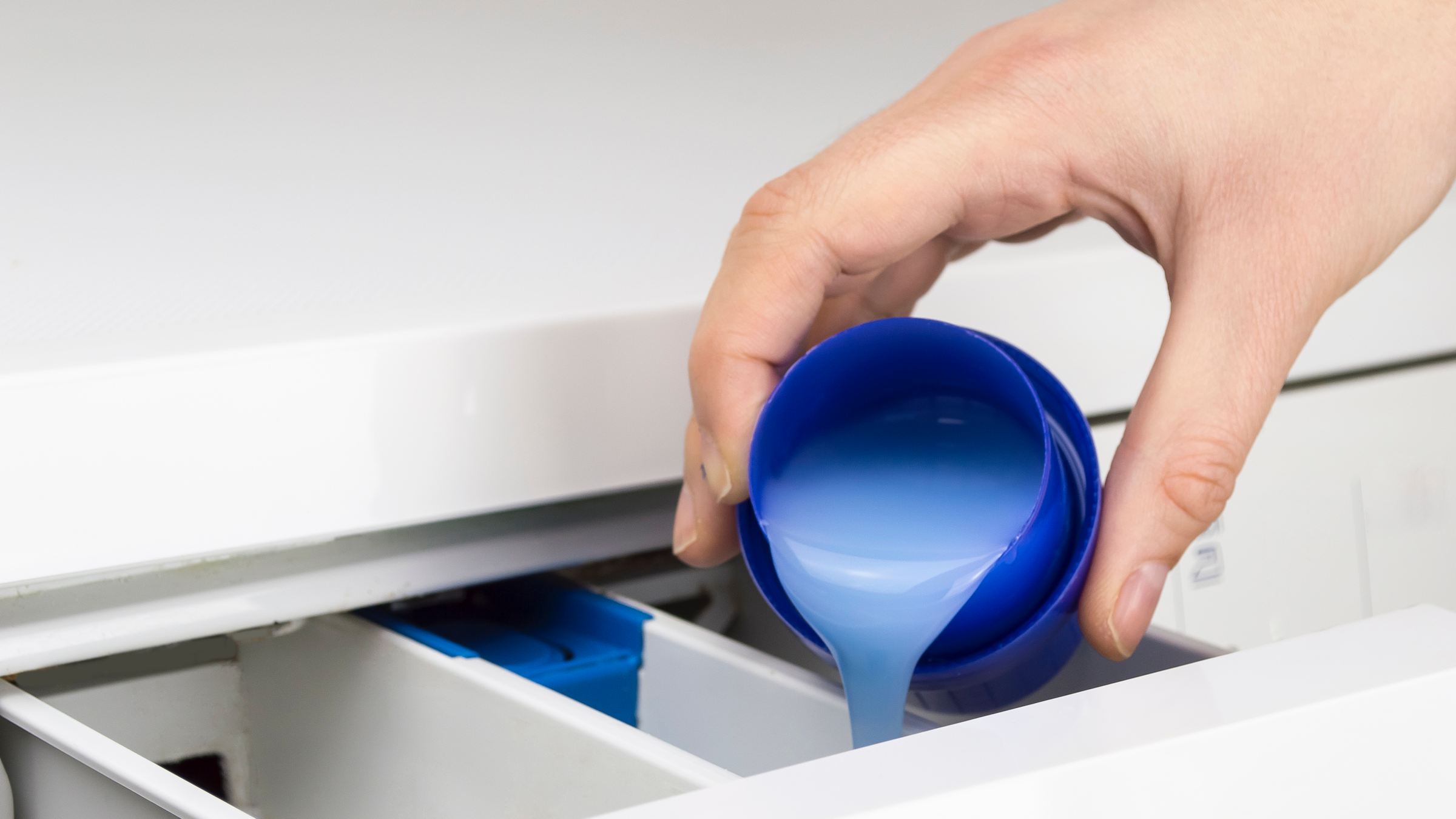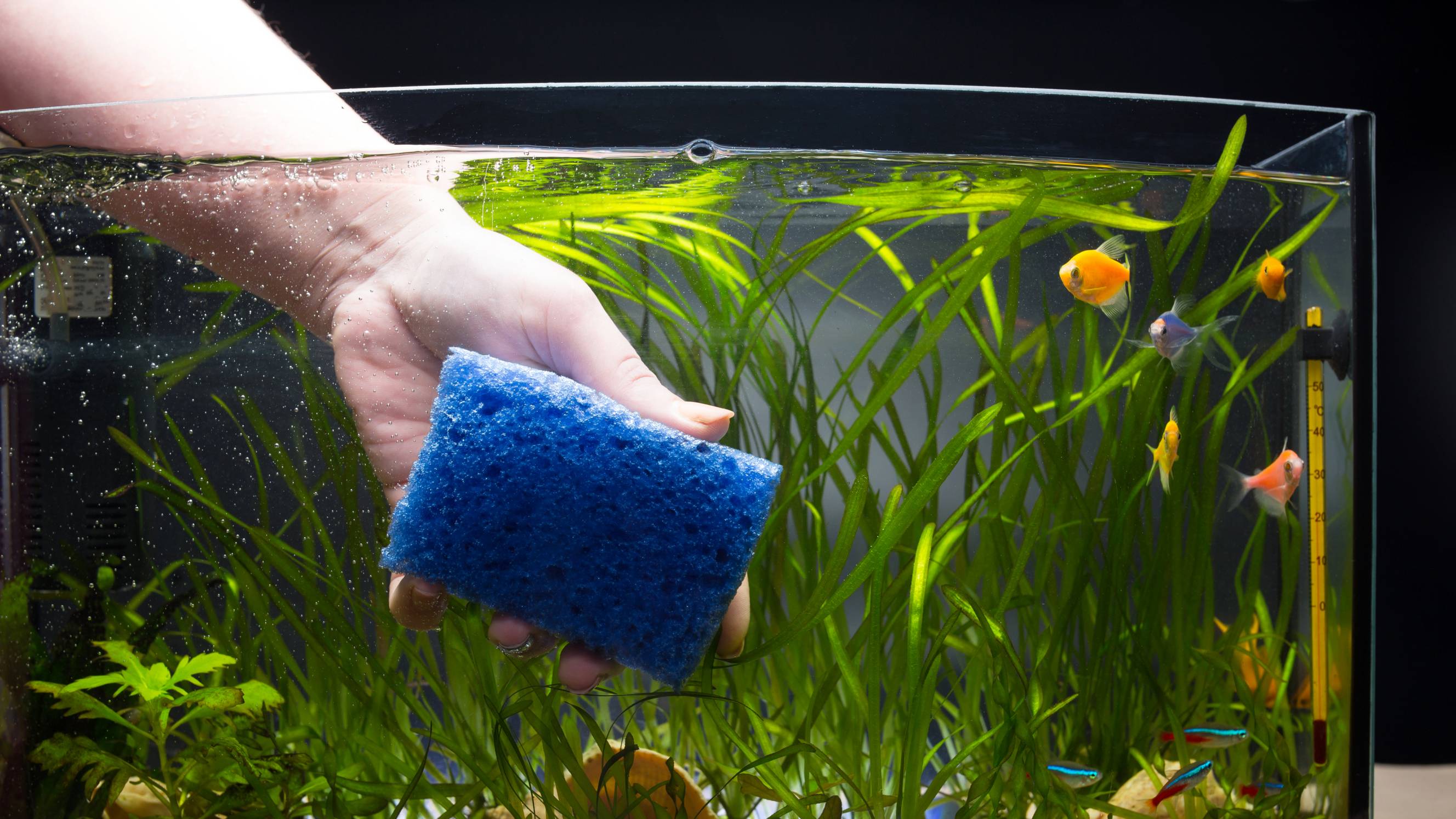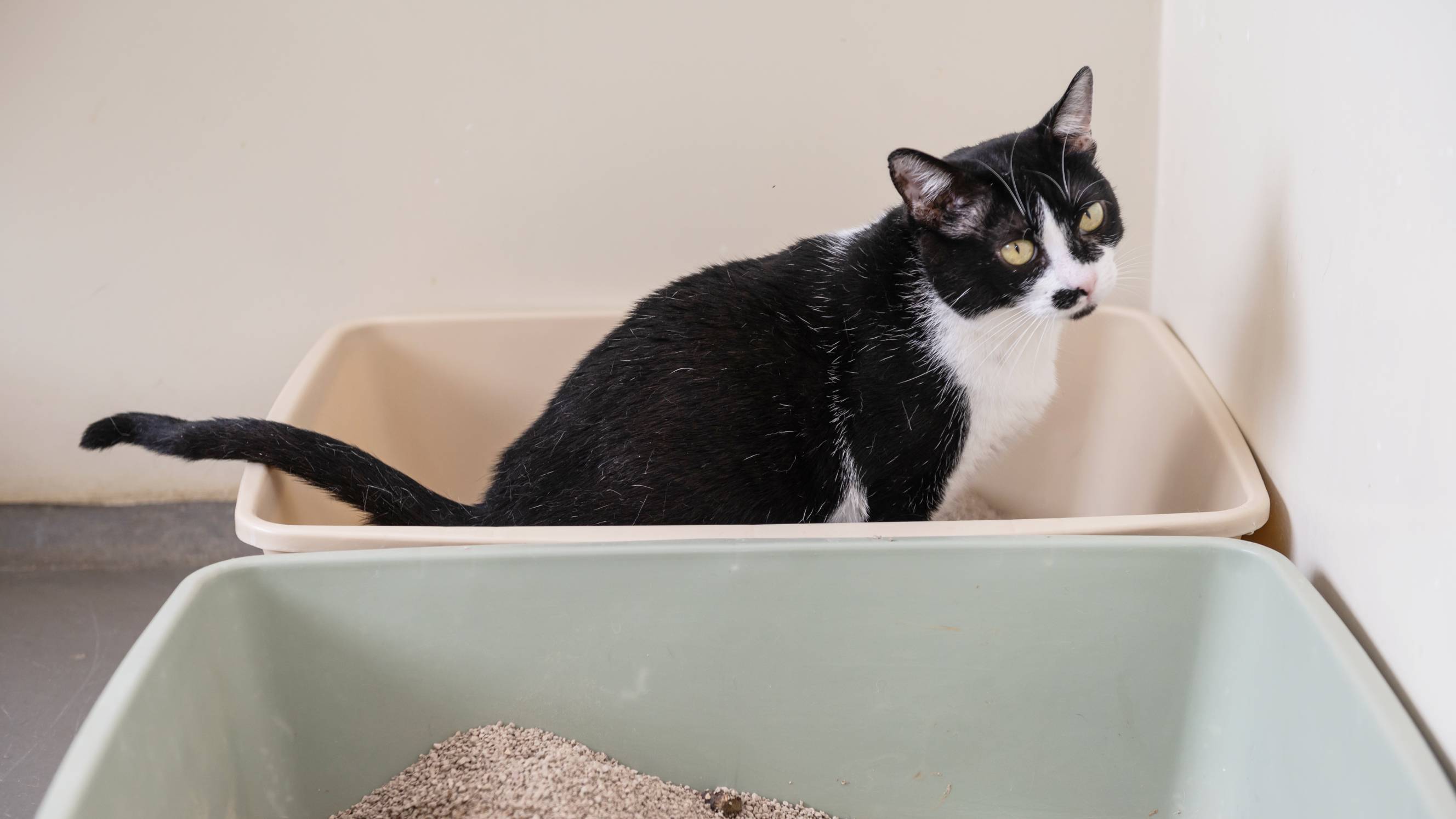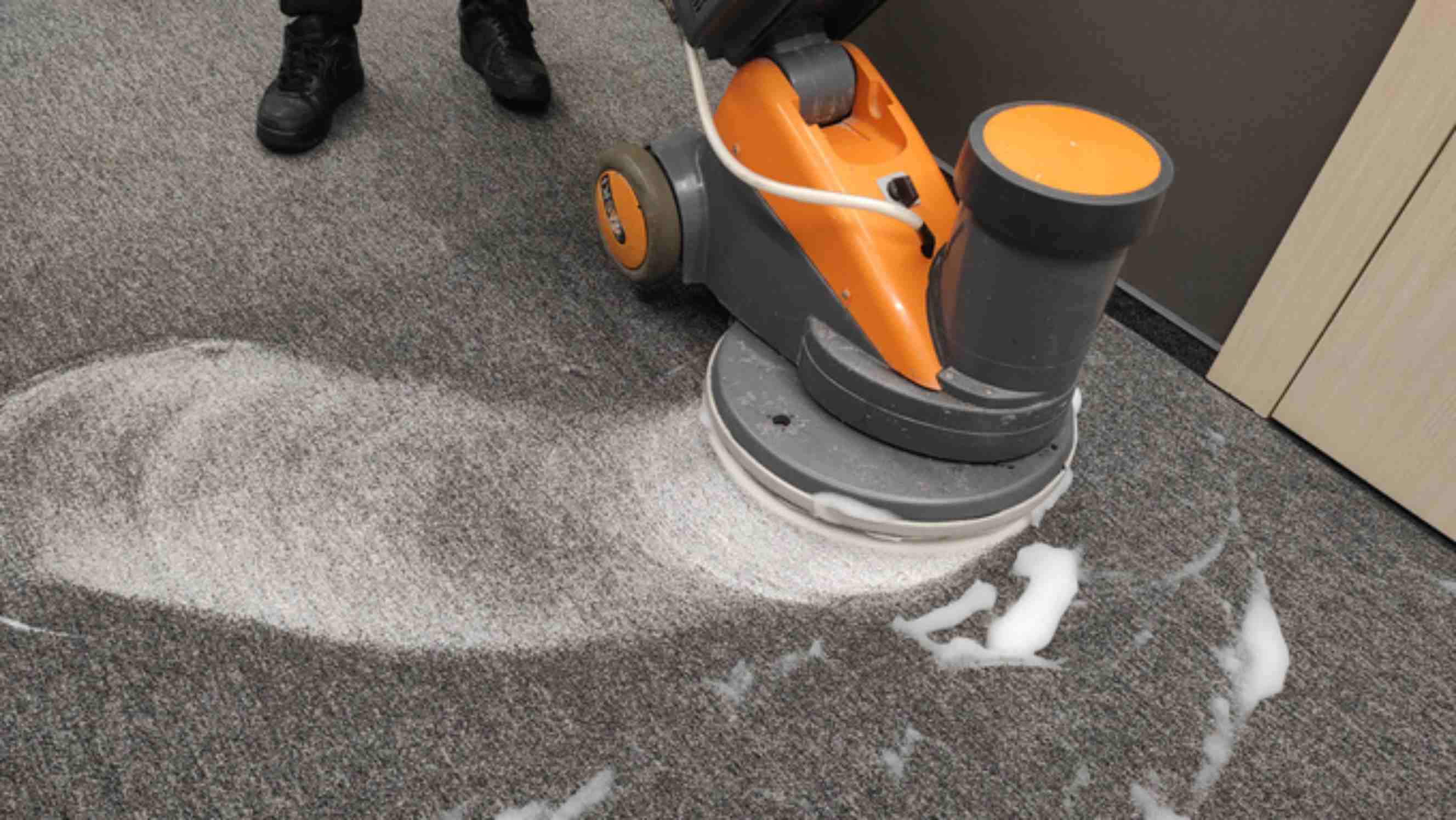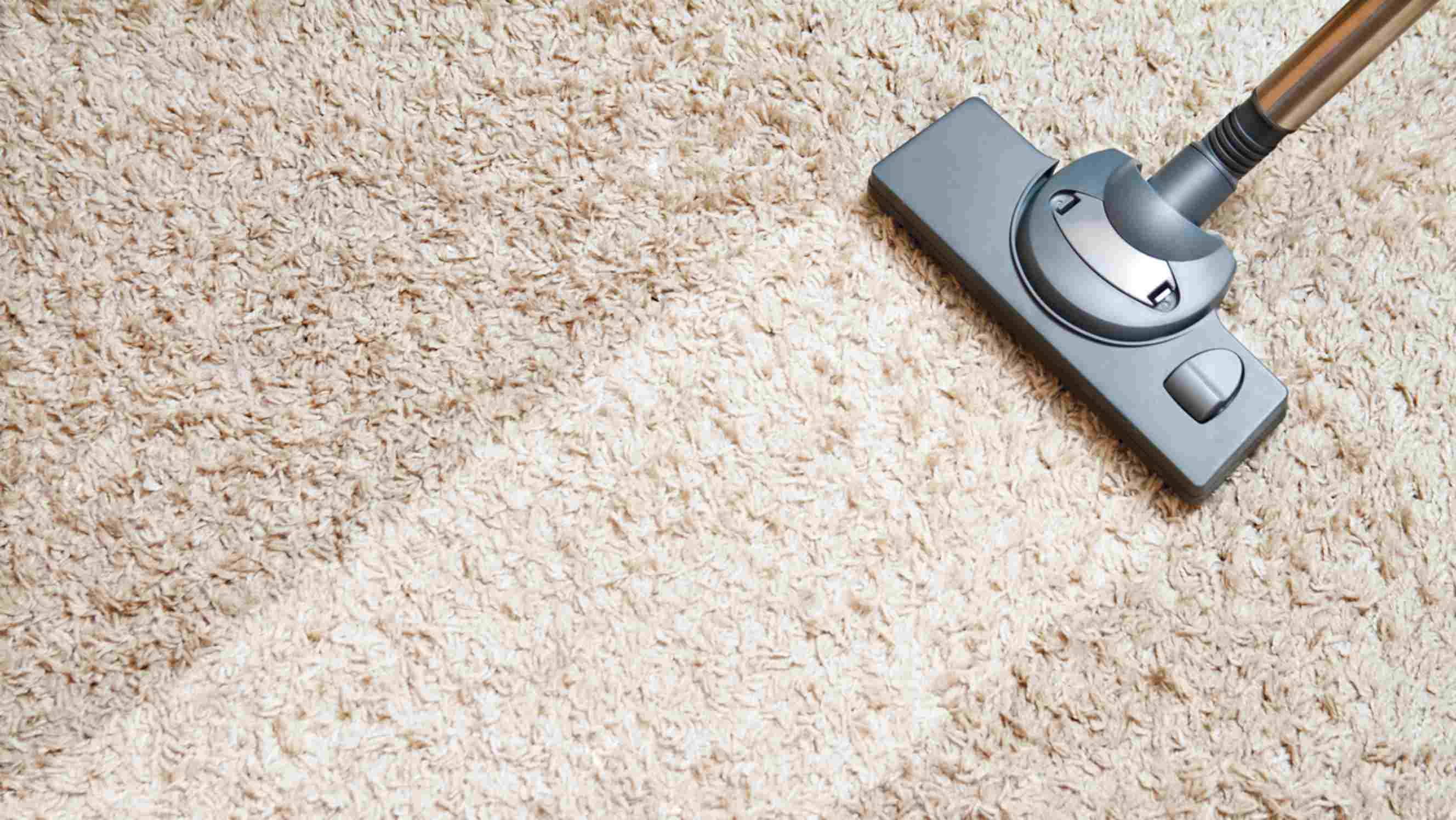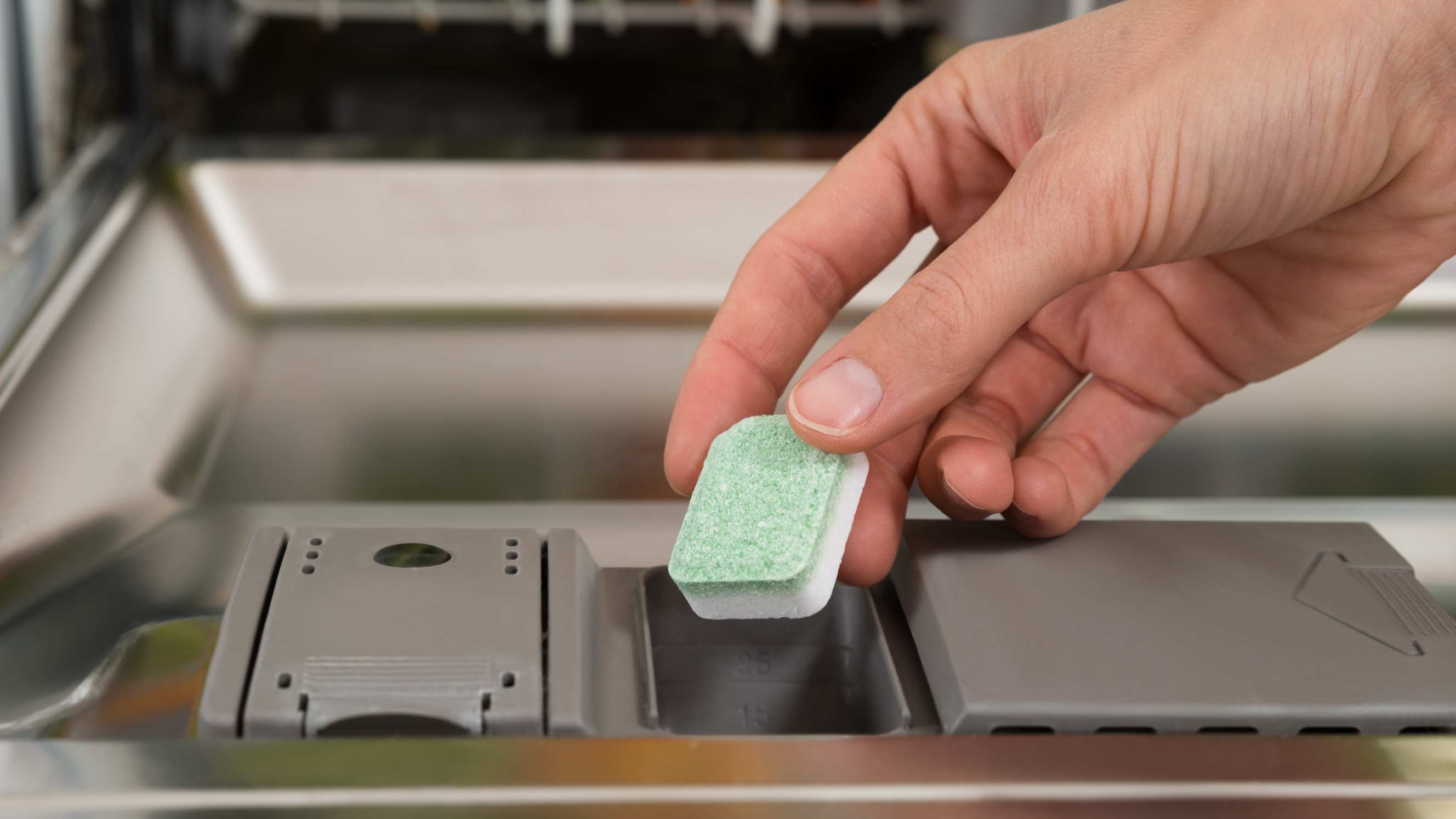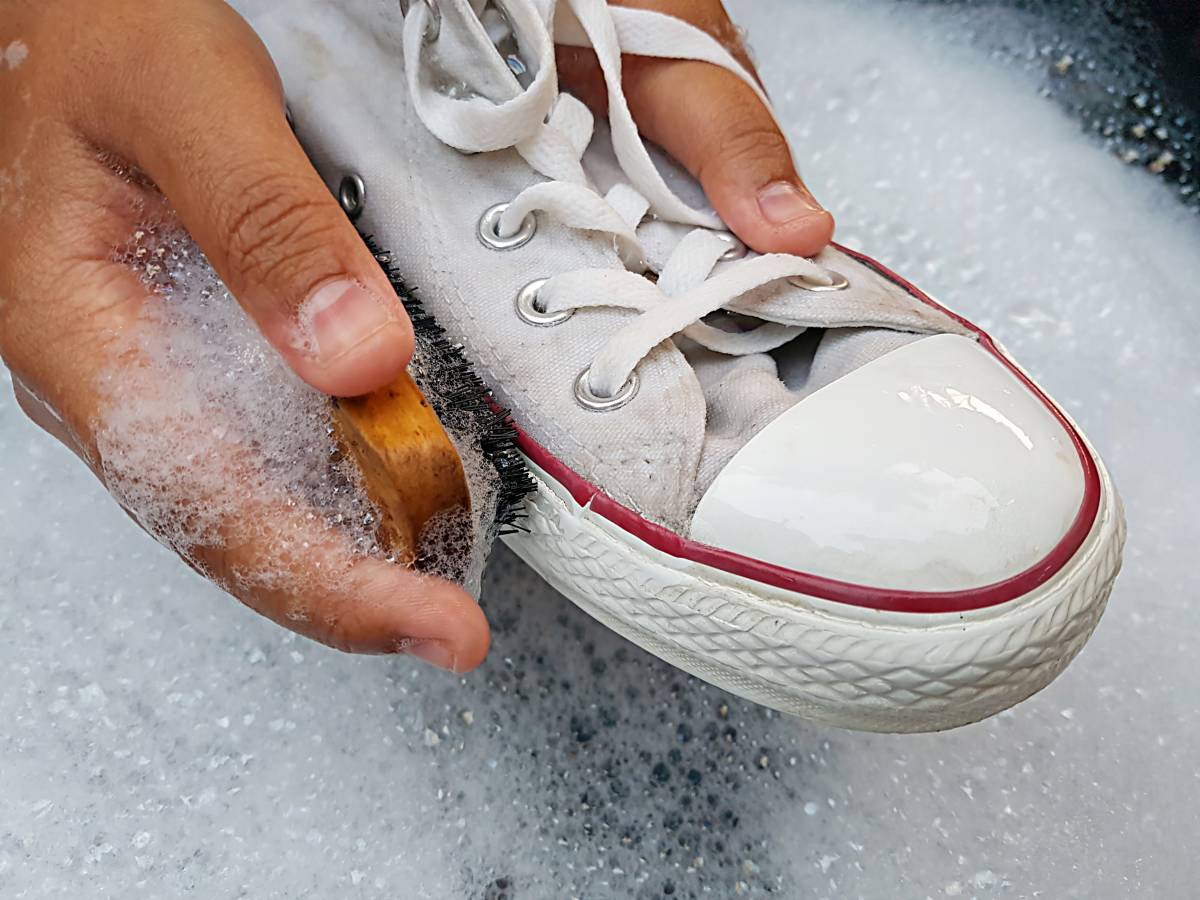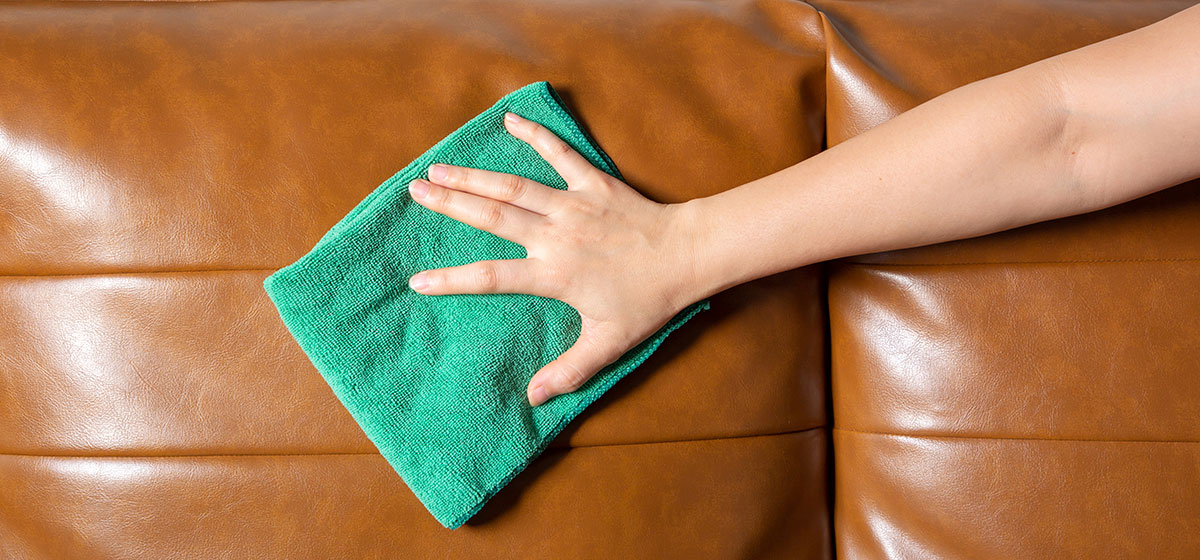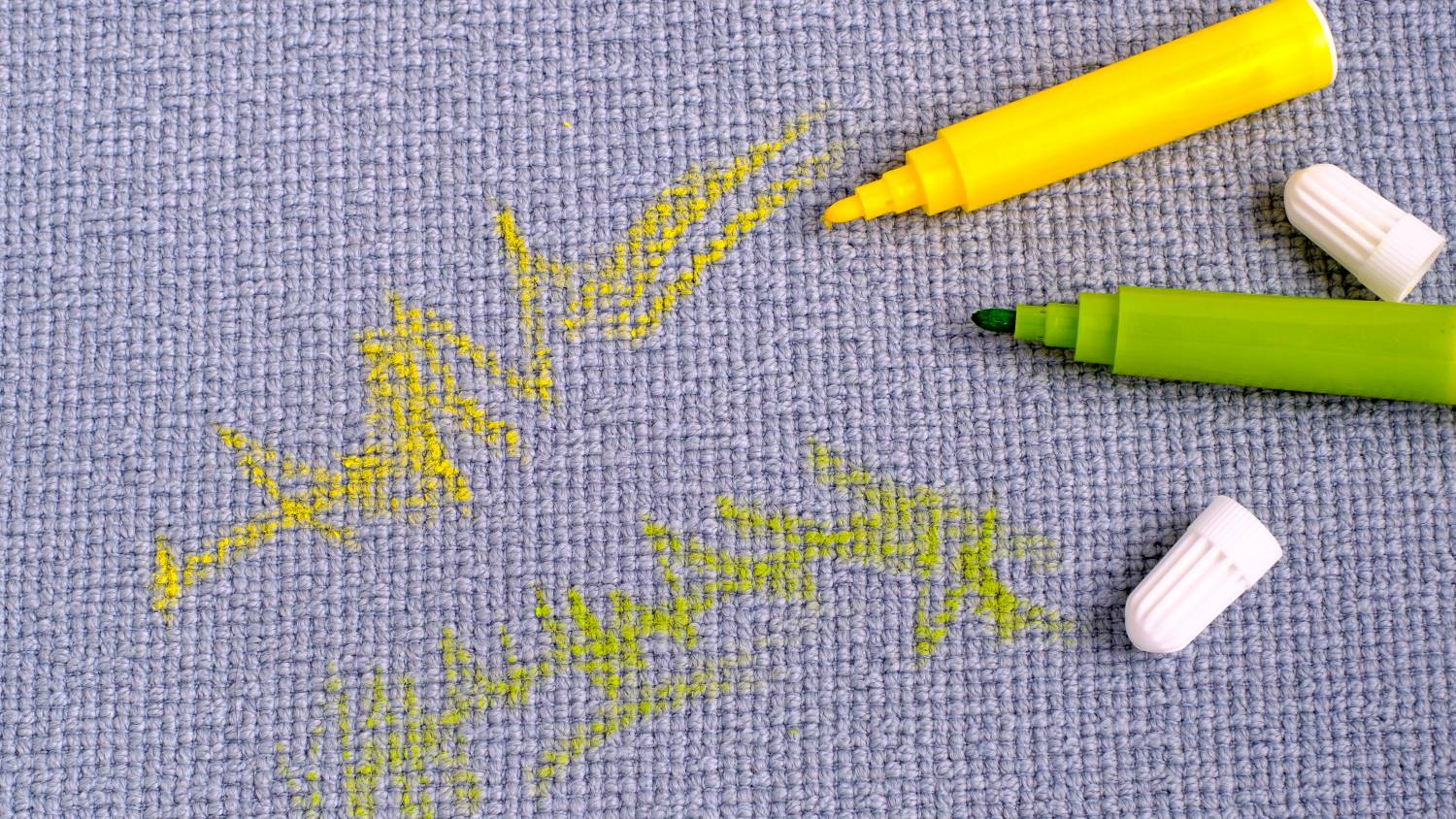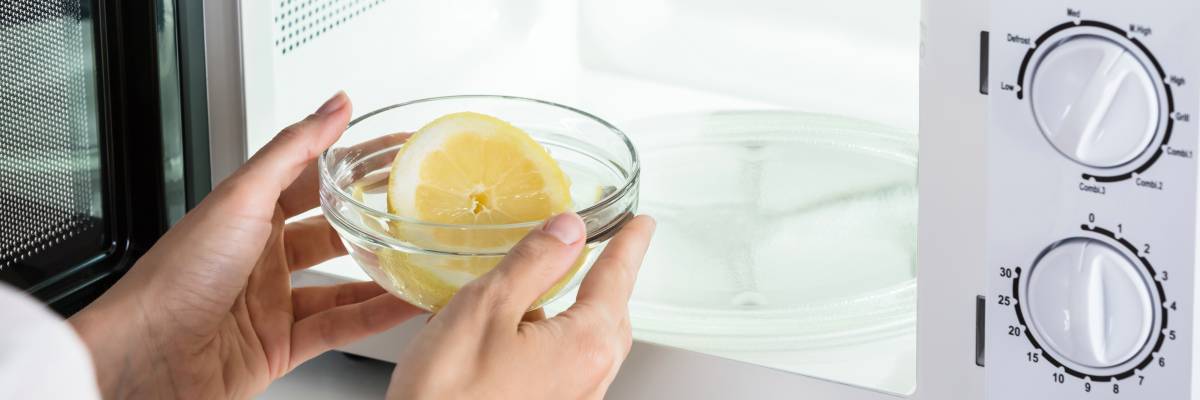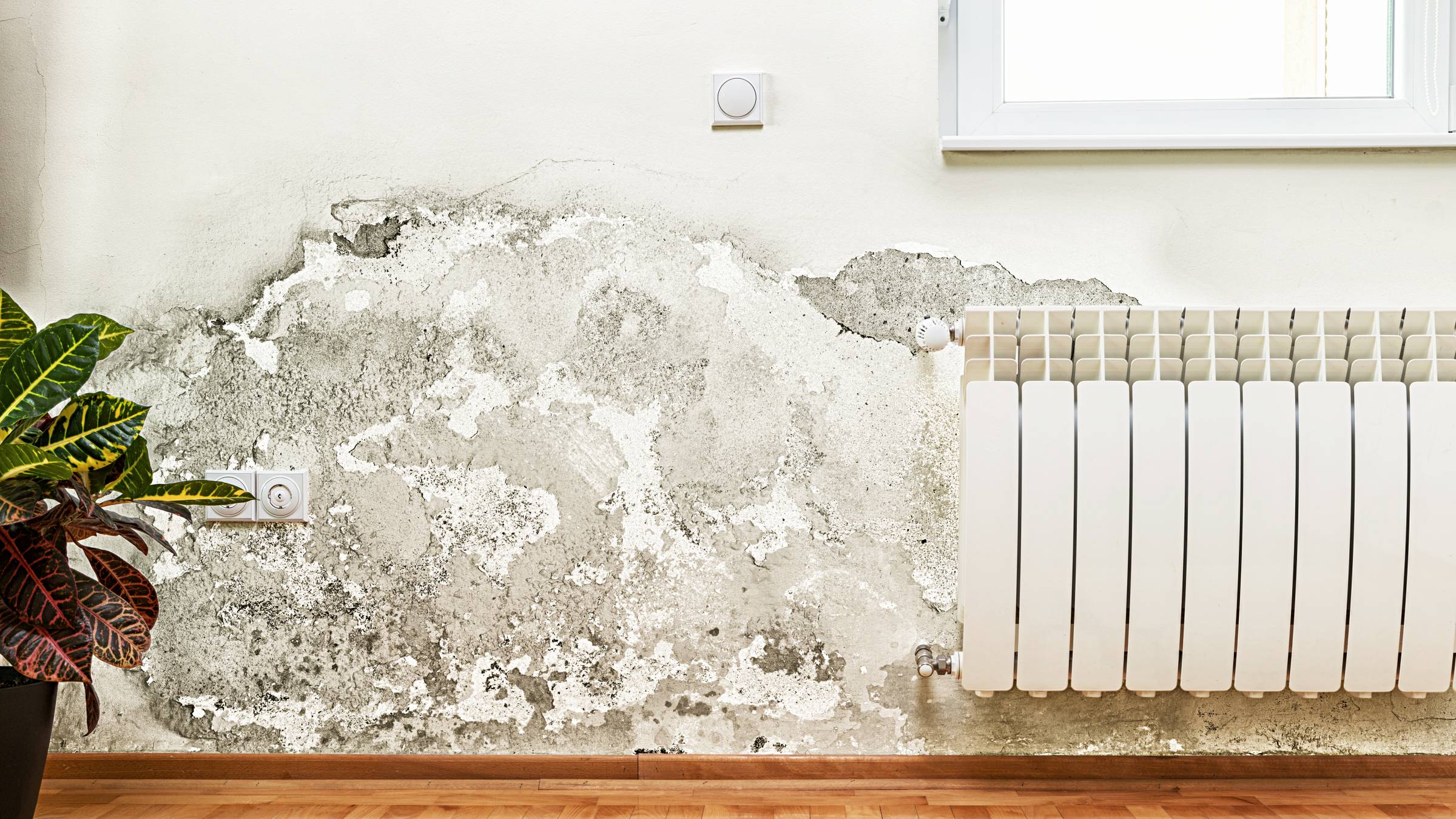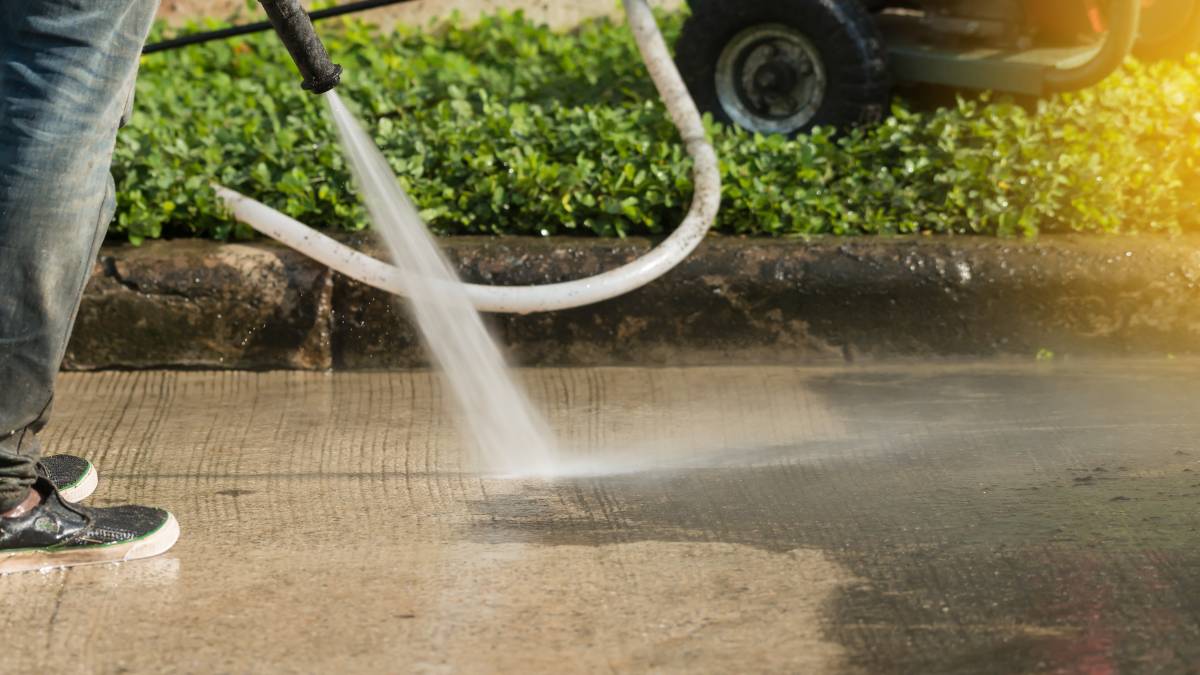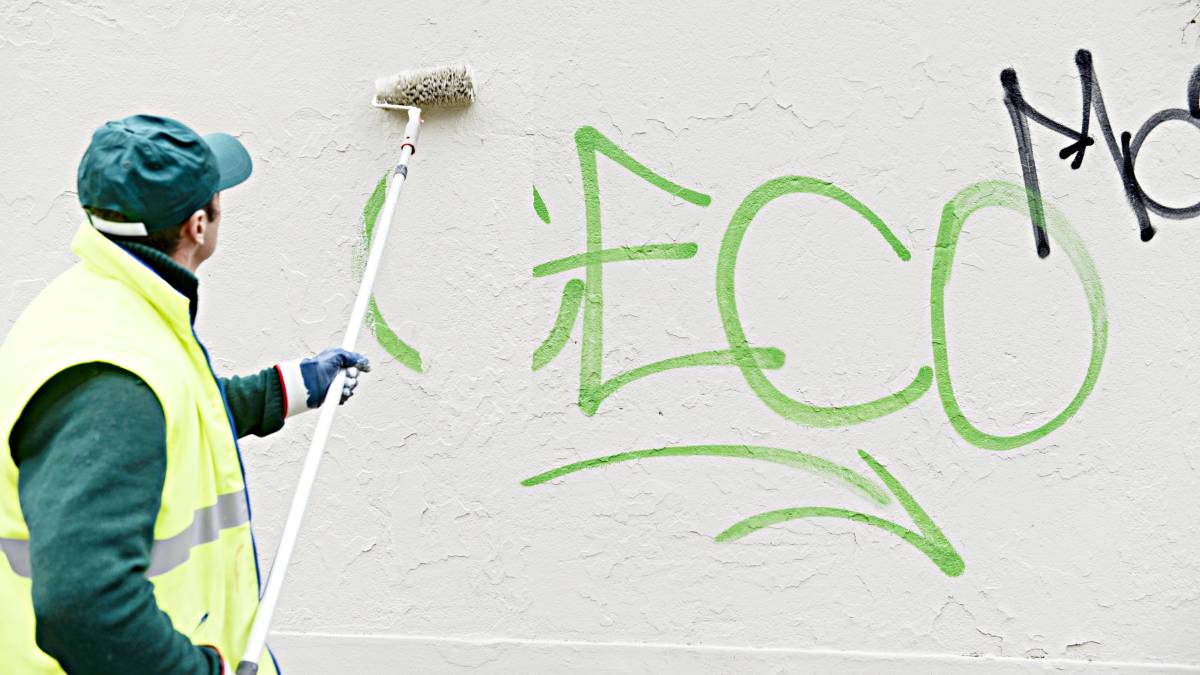- Home/
- Comparisons/
- Cleaning/
- Bio vs. Non-Bio Detergent
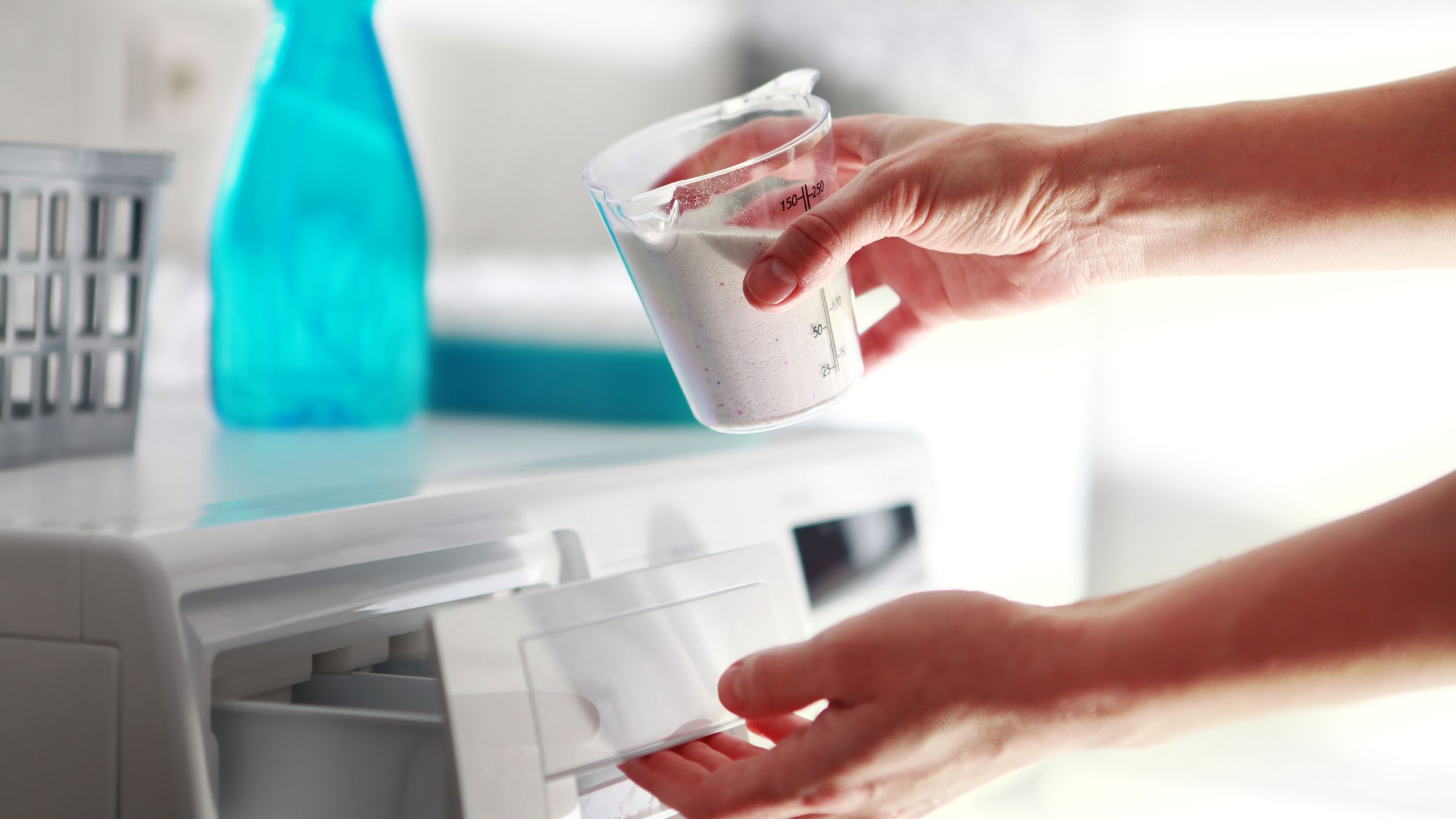
Bio vs. non-bio detergent: Which is better for your laundry?
Comparing bio and non-bio detergent based on cleaning effectiveness, stain removal ability, allergenic potential, and more.
Hire a cleaning expertLast Updated on
Key Facts
- Bio detergent is a powerful, enzyme-based cleaning agent that effectively removes stains, breaks down odors, and is biodegradable. However, it may potentially harm delicate fabrics.
- Non-bio detergents use surfactants and builders instead of enzymes, making them suitable for sensitive skin but requiring higher temperatures or longer cycles to remove stains effectively.
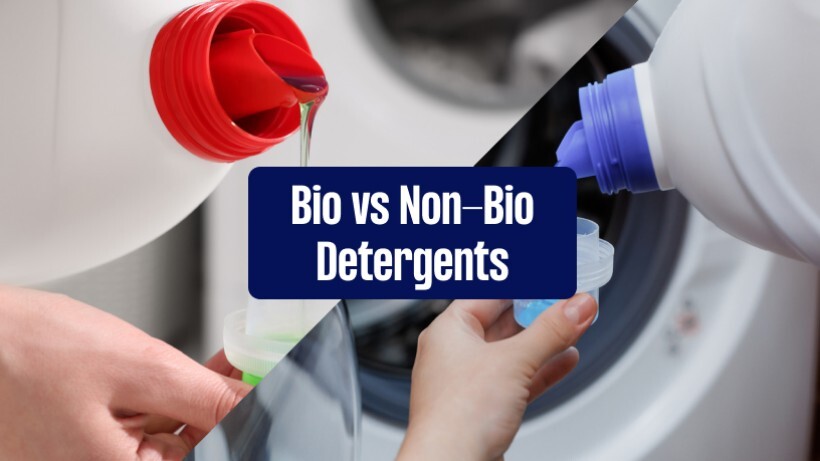 Ever felt that annoying itch after wearing your freshly laundered clothes? Your laundry detergent might be causing this. But before you replace it, understanding how different detergents work is crucial.
Ever felt that annoying itch after wearing your freshly laundered clothes? Your laundry detergent might be causing this. But before you replace it, understanding how different detergents work is crucial.
In this guide, learn how bio vs. non-bio detergents differ to discover what suits you and your loved ones’ laundry cleaning needs.
What is bio detergent? 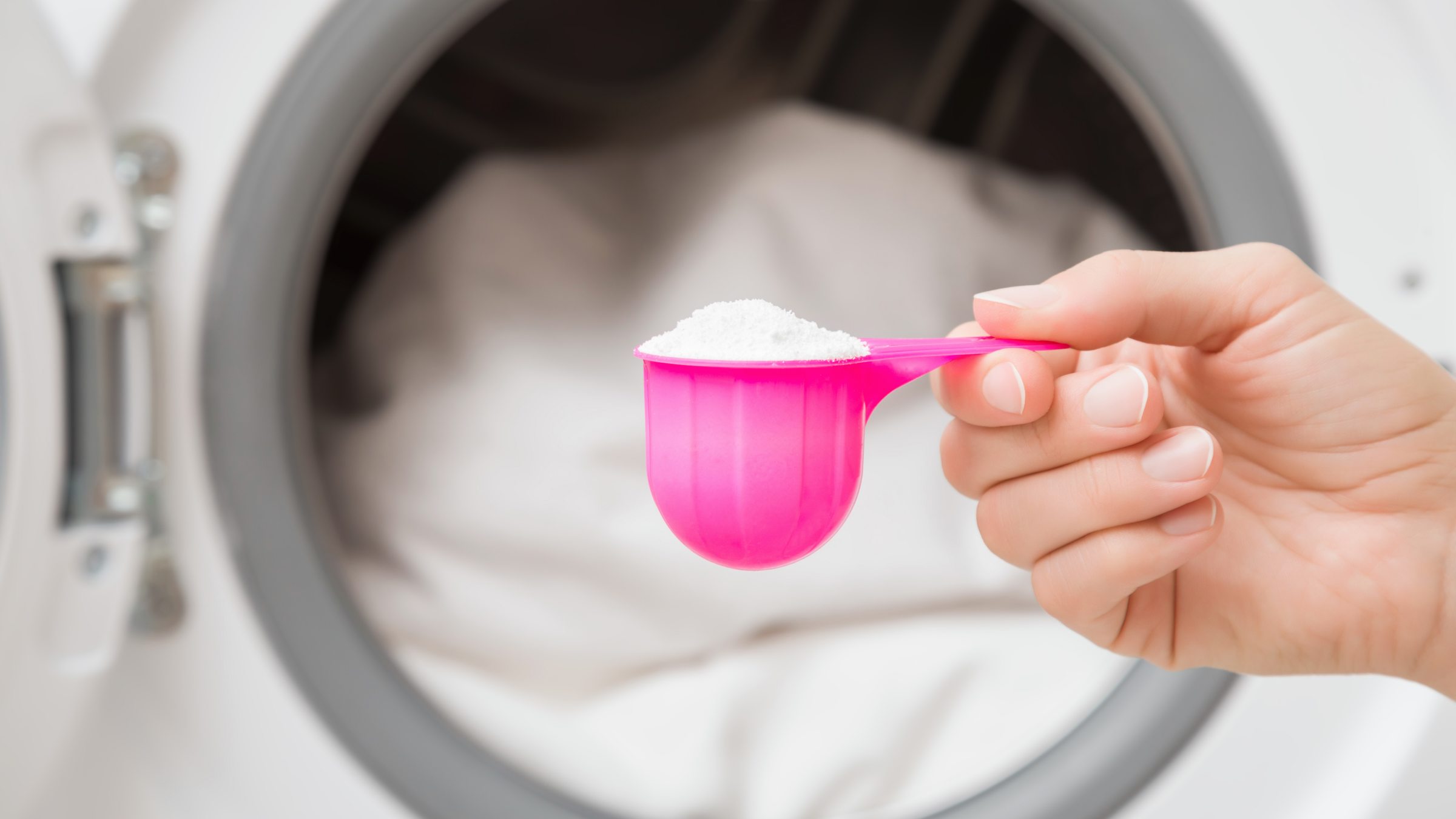
Bio or “biological” laundry detergent is a powerful cleaning agent that contains enzymes, specifically,
Amylase for removing starch-based stains such as pasta and food sauce stains.
Protease for removing in-based stains such as blood and sweat stains.
Lipase for removing fat-based stains such as oil and water stains.
These enzymes do not only help remove stains, but they can also break down odor-causing molecules, keeping your laundry smelling fresh. Moreover, this type of laundry detergent is biodegradable, so it easily dissolves after use. The only downside to using biological washing powder is that enzymes can damage the natural fibers of delicate fabrics.
What is non bio detergent?
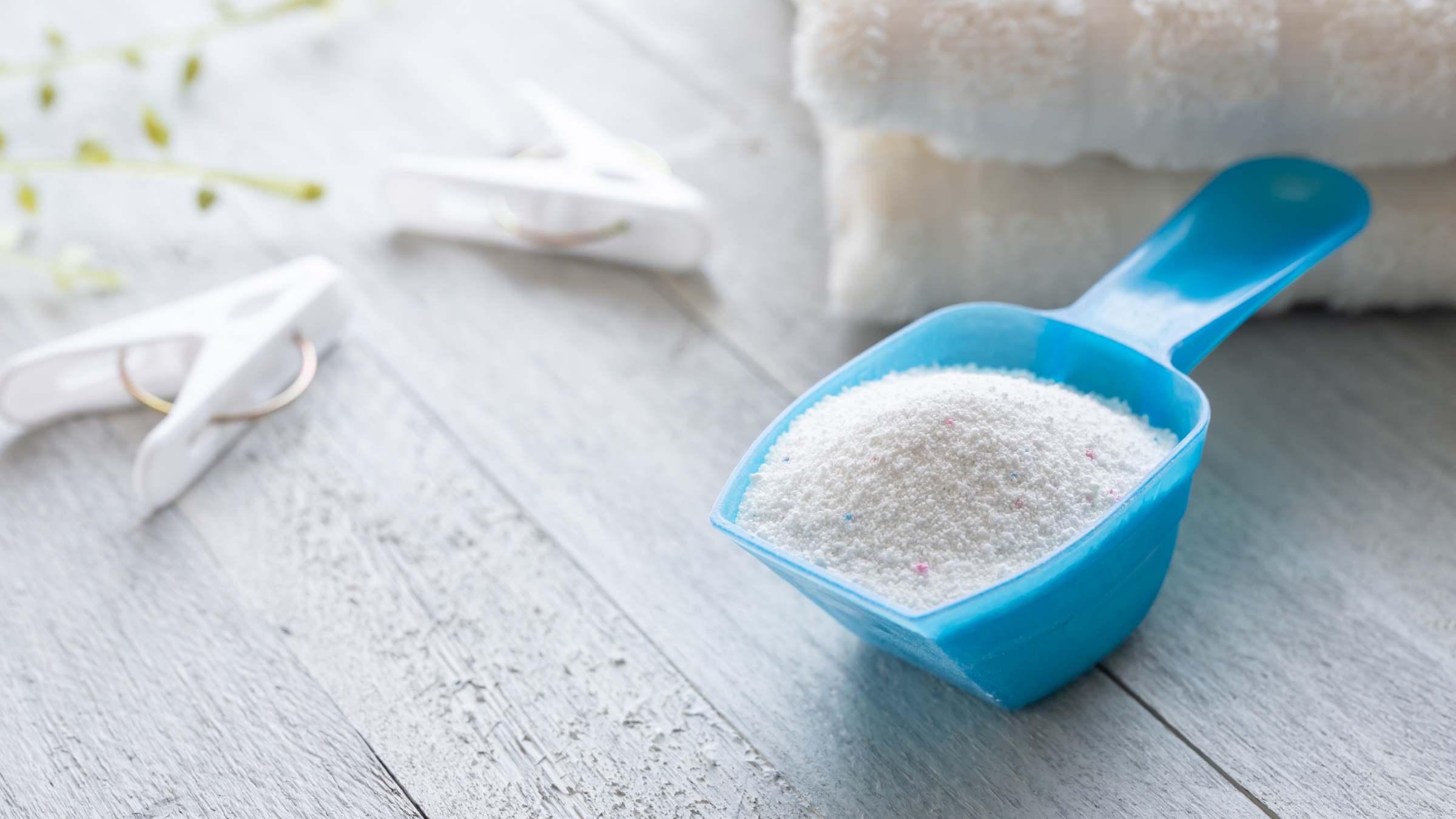
A non bio laundry detergent lacks biological enzymes, so they rely on other cleaning agents, such as surfactants and builders, to wash clothes. Surfactants help lift dirt and grease from clothes, while builders help soften the water to boost the detergent’s cleaning power.
The absence of enzymes in non-biological washing powders and liquid detergents helps reduce the likelihood of skin allergies because these enzymes can potentially irritate the skin. Not only that, but they also have less fragrance and colouring, which makes them great for washing baby clothes because babies have more sensitive skin than adults.
One downside of non-bio detergents is that they require higher temperatures or longer washing cycles to be as effective in removing stains as bio detergents.
Non bio vs. bio detergent: What is the difference?
Discover more about what is bio and non bio washing powder and liquid, including the differences between these two types of bio laundry detergents as we explore each of their distinctive features.
In terms of cleaning effectiveness
The cleaning effectiveness of a laundry detergent depends on the type of washing machine you use and how clean the washing machine is.
But to give you an idea, bio laundry detergents are more effective in cleaning clothes due to the presence of enzymes. These enzymes help break down dirt and oil into smaller particles, making it easier for the detergent to wash them away.
Meanwhile, non-bio detergents usually require higher temperatures to match the cleaning power of bio-detergents. So, removing tough stains would be more difficult with non-bio detergents if you frequently wash in cold water.
In terms of stain removal
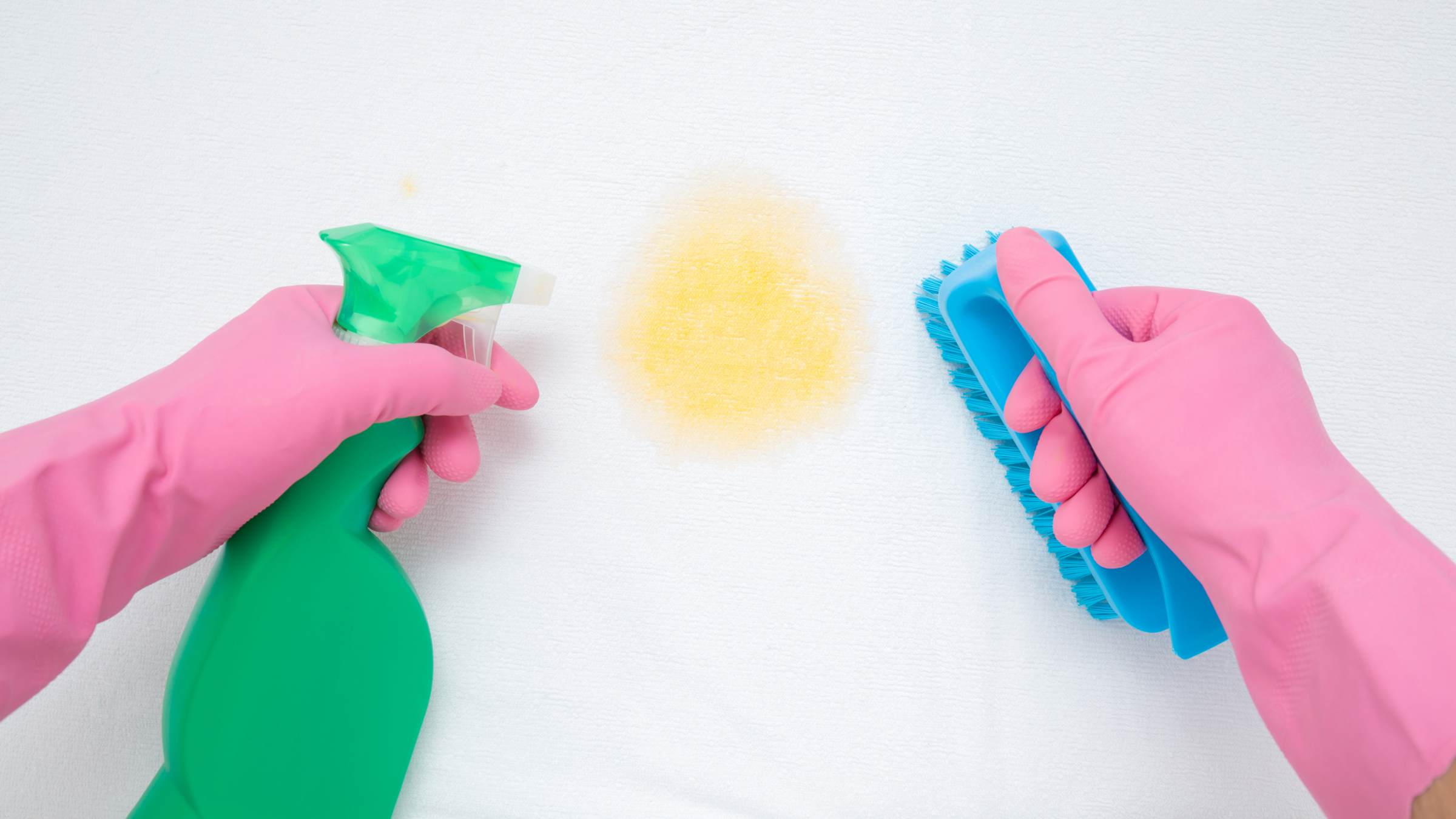 Bio detergents are more effective in removing stains because the enzymes act as catalysts to enhance and accelerate chemical reactions in breaking down stains. When dealing with stubborn stains, bio liquid detergents are particularly effective. This is because liquid detergent can dissolve and remove grease and oil stains easier in cold water.
Bio detergents are more effective in removing stains because the enzymes act as catalysts to enhance and accelerate chemical reactions in breaking down stains. When dealing with stubborn stains, bio liquid detergents are particularly effective. This is because liquid detergent can dissolve and remove grease and oil stains easier in cold water.
On the other hand, non bio detergents have to make use of surfactants and other cleaning agents, such as builders, to remove stains. Surfactants help reduce the surface tension (or the invisible skin on water) to help the detergent penetrate the fabric fibers and remove stains. Meanwhile, builders remove calcium and magnesium ions in hard water to allow the surfactants to work their magic.
Although surfactants and builders are also effective in removing stains, hot water is required to maximize the cleaning power of bio-detergents. Sometimes, you may also have to pre-treat stains for heavily soiled laundry.
In terms of allergenic potential
If you sometimes hand wash your clothes, you’re probably worried that your laundry detergent might cause skin reactions. The good news is that non-bio detergents have a milder formula that is gentler to the skin because they lack enzymes, which are present in bio detergents.
However, enzymes in biological detergents are mild allergens. Studies show that enzymes can only irritate the skin, eyes, and respiratory system in raw form. After formulating them into laundry detergents, they are generally safe and don’t cause skin problems or allergies.
Still, for those with sensitive skin, especially individuals with a history of eczema or skin allergies, the enzymes in bio detergents may lead to skin irritation.
In terms of fabric compatibility
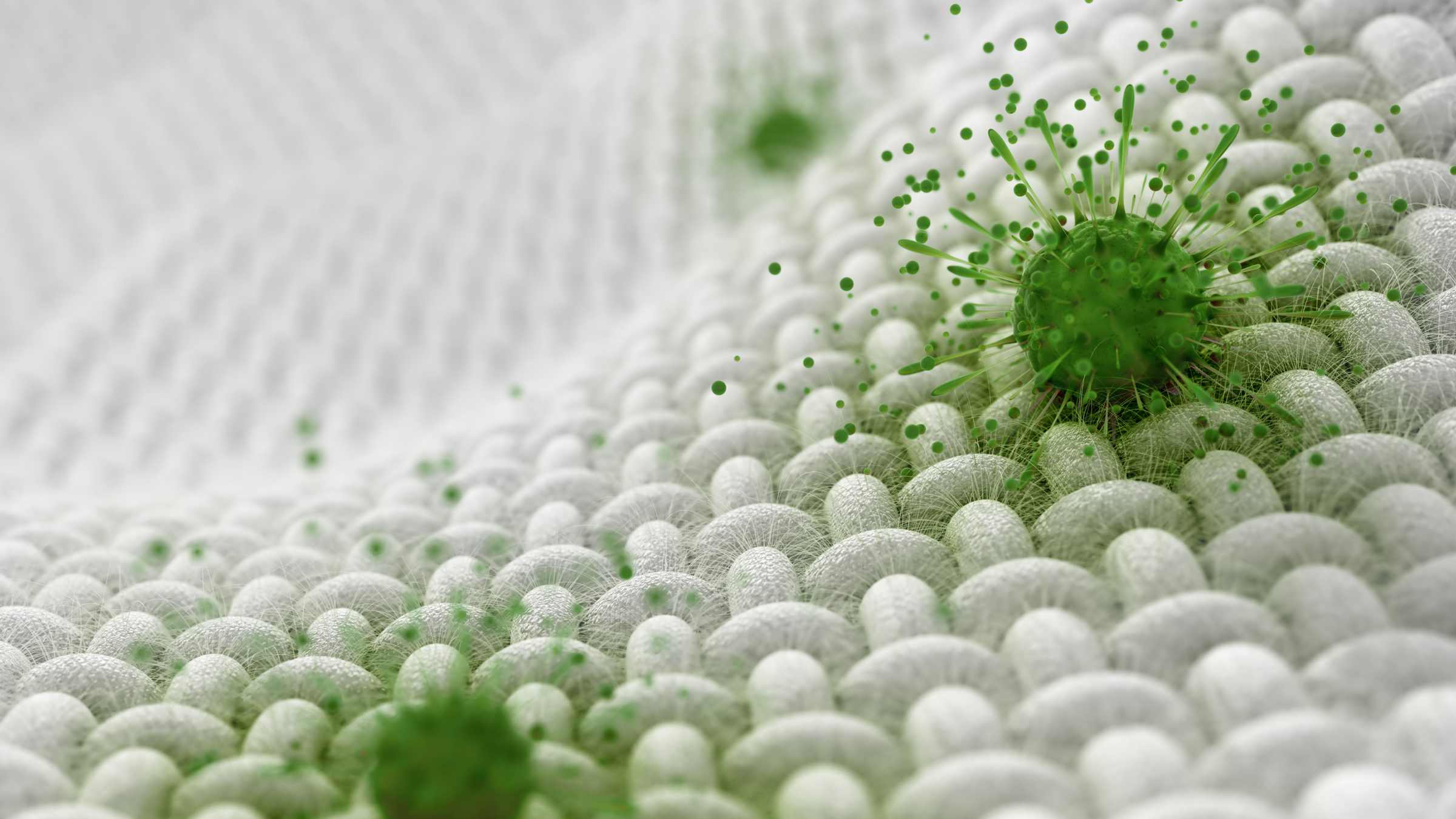 Cotton fabrics with natural hollow fibers and synthetic fabrics with chemically produced fibers such as polyester, nylon, and acrylic are ideal for bio detergents.
Cotton fabrics with natural hollow fibers and synthetic fabrics with chemically produced fibers such as polyester, nylon, and acrylic are ideal for bio detergents.
Although keep in mind to avoid washing delicate fabrics such as wool and silk with bio detergents. This type of laundry detergent contains protease, which is an enzyme that specifically targets protein-based stains. Wool and silk are protein-based fabrics, which means bio detergents can damage their delicate, open-weave fibers.
Non-bio detergents are also great for washing dyed fabrics and textiles. They don’t contain enzymes that may cause color fading and bleeding, helping keep your colored clothes vibrant even after multiple washes.
If you’re still unsure whether you should use a bio or non-bio washing liquid, seek help from laundry experts. With their expertise, they know the most effective and gentle methods to clean and care for your fabrics. Plus, they can give you tips and tricks on choosing the right type of laundry detergent and fabric conditioner for specific fabrics.
In terms of environmental impact
If you’re eco-conscious, you may wonder whether a bio or non-bio washing powder is sustainable. Like natural laundry detergents, bio detergents are eco-friendly because they contain biodegradable enzymes derived from natural sources (like fungi, yeast, and bacteria) and plant-based ingredients such as palm, coconut, corn, and soybeans.
Unlike non-bio detergents, you do not need hot water when using natural bio-detergents. This helps reduce your total energy consumption and costs.
On the other hand, non-bio detergents rely heavily on chemicals to boost their cleaning power, which makes them less eco-friendly.
In terms of cost
The cost difference between bio and non bio washing powders and liquid detergents can vary significantly by brand, region, and retailer. Generally, non-bio detergents are more affordable upfront because they do not have specialized enzymes injected into their formula. Plus, adding these biological catalysts in bio detergents requires high manufacturing costs.
However, bio detergents are more cost-effective in the long run because, as mentioned earlier, they remain effective even when used with cold water wash. Using them can help you save more on the energy costs.
Simplify your laundry day with Airtasker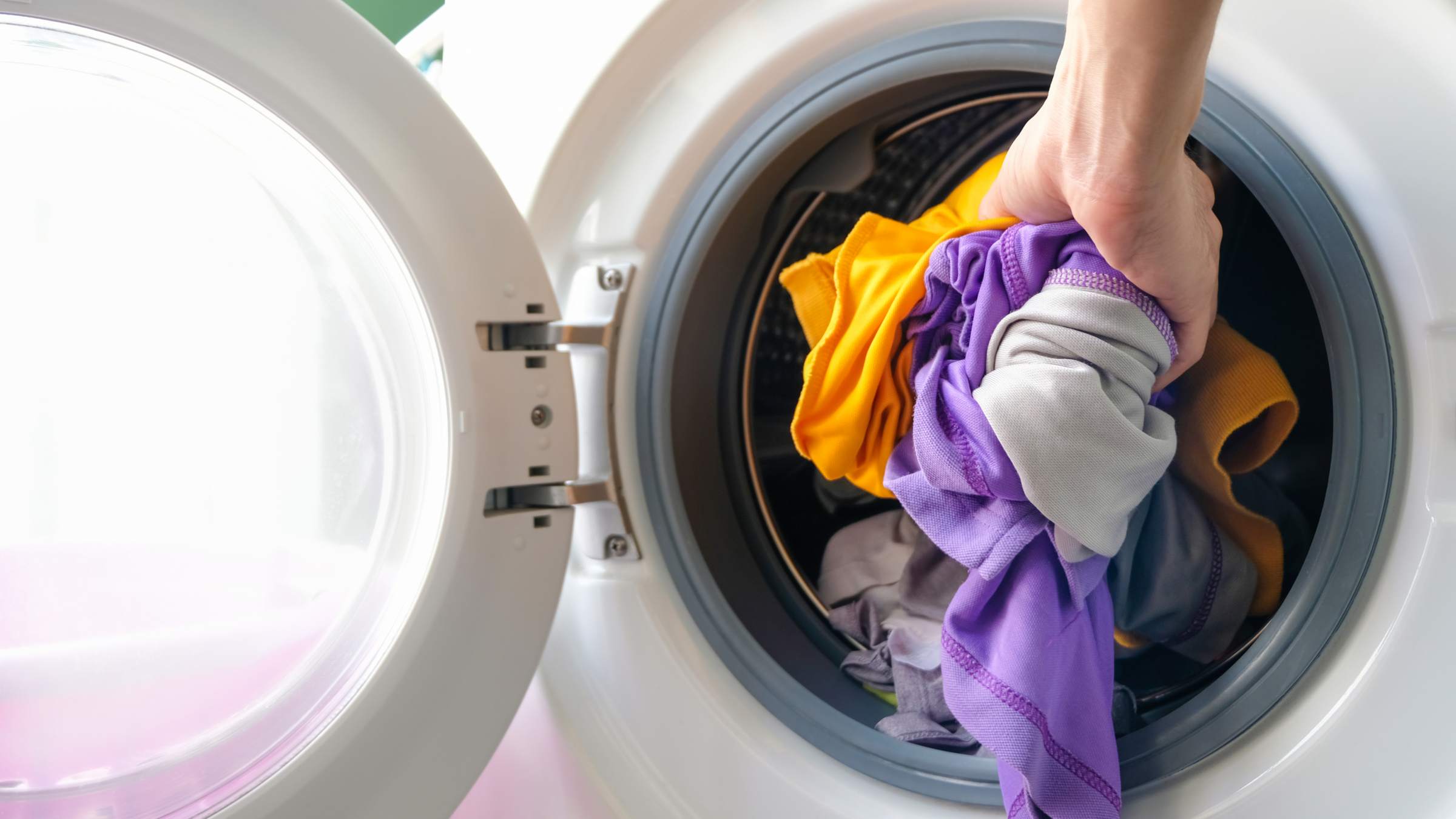
Now that you know more about bio and non-bio laundry detergents, you’re ready to tackle your spring cleaning and deal with all your dirty laundry! If you need help figuring out how to wash your clothes properly, Airtasker’s cleaning experts can help guide you through the process while ensuring your clothes stay fresh and smell great.
Bio vs. non bio detergent
|
Bio Detergent |
Non-Bio Detergent |
|
|
Cleaning Effectiveness |
More effective due to enzymes that break down dirt and oil; it works well in cold water |
Requires higher temperatures or longer cycles for more effective result |
|
Stain Removal |
Highly effective; enzymes accelerate stain breakdown |
Less effective; relies on surfactants and builders. May need pre-treatment or hot water |
|
Allergenic Potential |
Mild allergens, but generally safe |
Milder formula; suitable for sensitive skin |
|
Fabric Compatibility |
Suitable for cotton and synthetic fabrics |
Suitable for delicate, dyed fabrics |
|
Environmental Impact |
More eco-friendly; contains biodegradable enzymes and plant-based ingredients |
Less eco-friendly; relies on chemicals and has higher energy consumption due to the need for hot water |
| Cost |
More cost-effective in the long run due to efficiency in cold water |
More affordable upfront, but less efficient in energy use over time |
FAQs on bio and non-bio detergents
Some disadvantages of biological detergents include the potential allergy risk if you have highly sensitive skin and the damage it may cause on delicate fabrics due to the presence of enzymes.
Non-bio detergents are generally safe for washing baby clothes because they’re gentle on the skin and are less likely to cause skin irritations due to the absence of enzymes.
Yes, because the enzymes in biological detergents can break down the protein in dyed clothes, leading to color fading.
Yes, because non-bio detergents have a gentler formula. They also don’t contain enzymes that can cause colour bleeding and fading.
Find cleaning services, fast
Post a task
Related articles
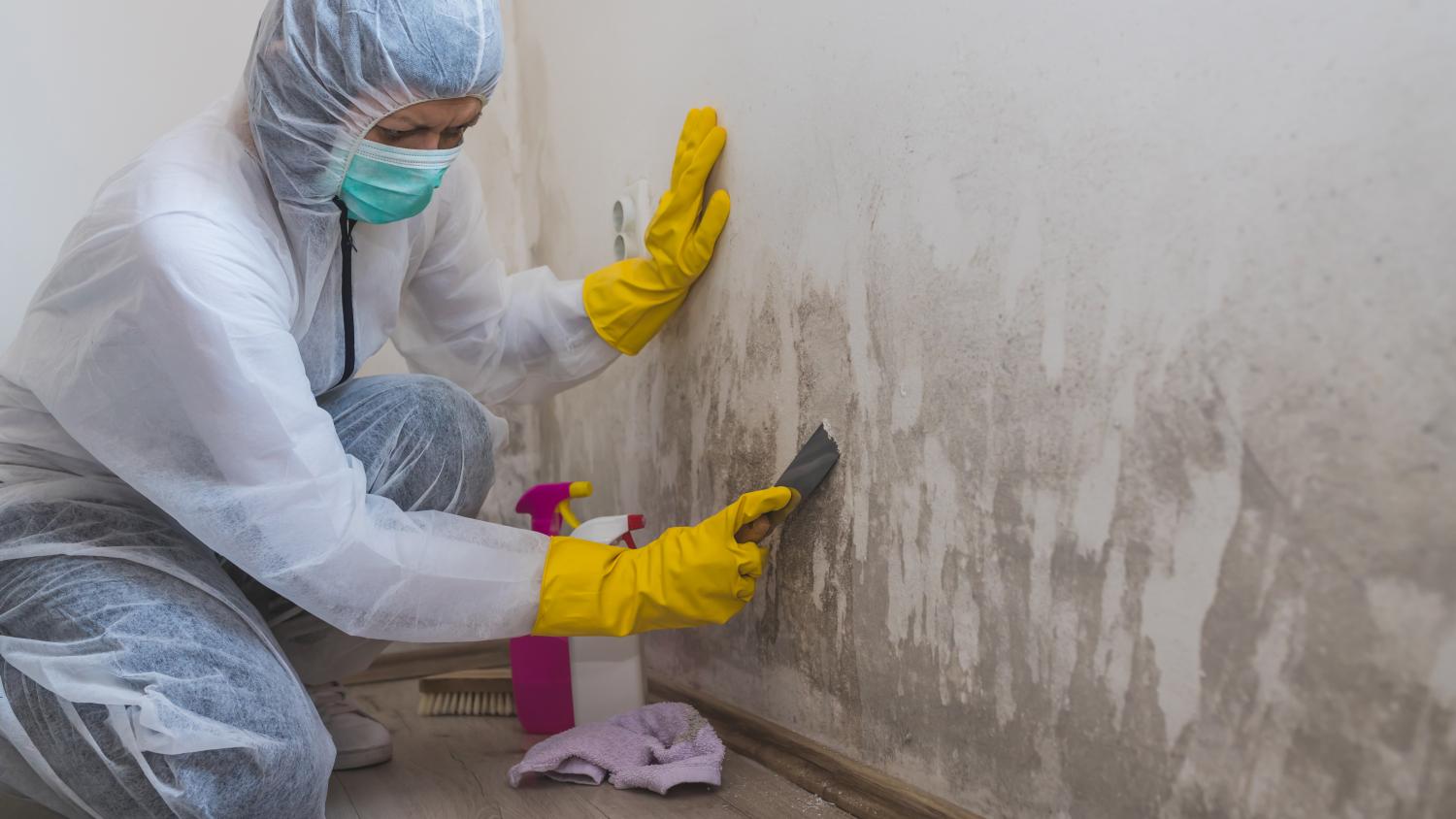
How to get rid of mold at home
Read more

How to get cleaning jobs
Read more

How to price pressure washing jobs
Read more
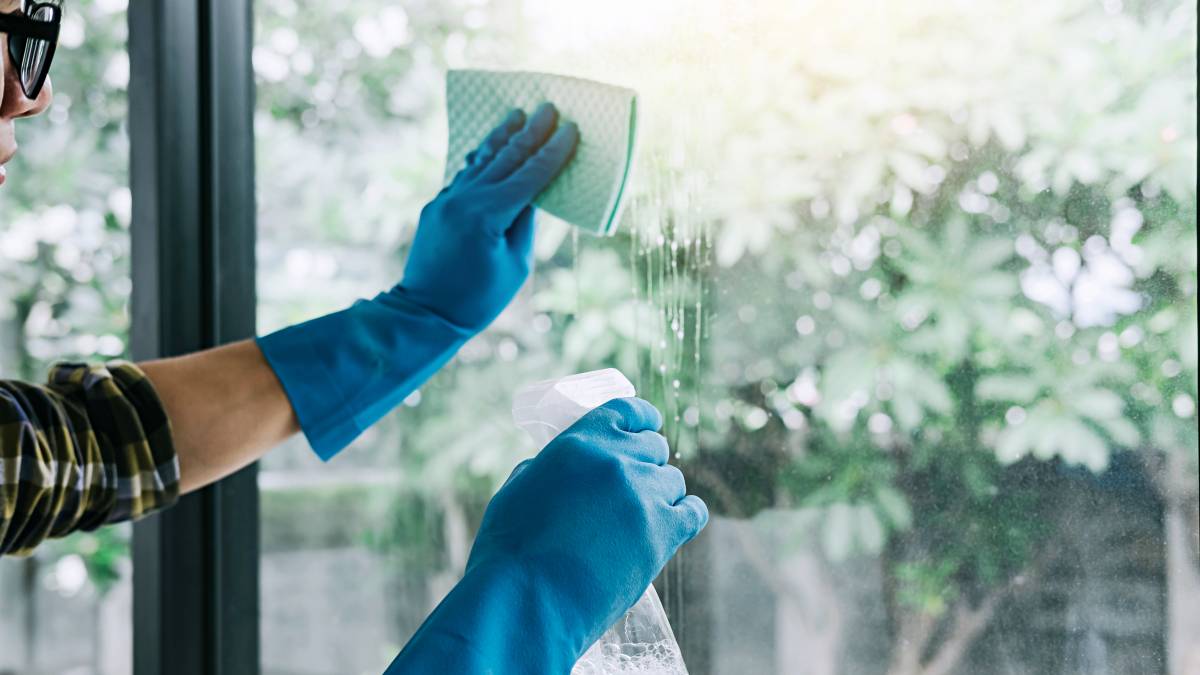
How to price cleaning jobs
Read more

How to get cleaning certification
Read more
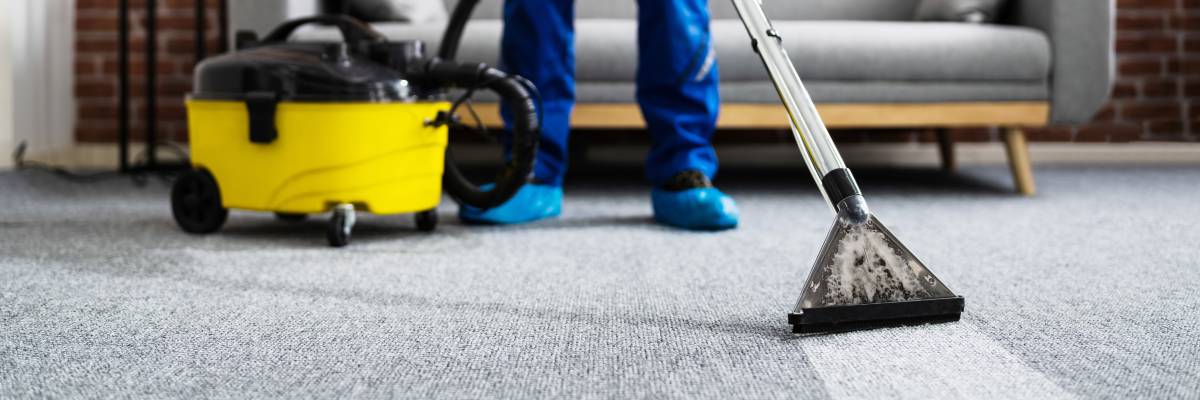
How to become a housekeeper
Read more

How to clean a duster
Read more
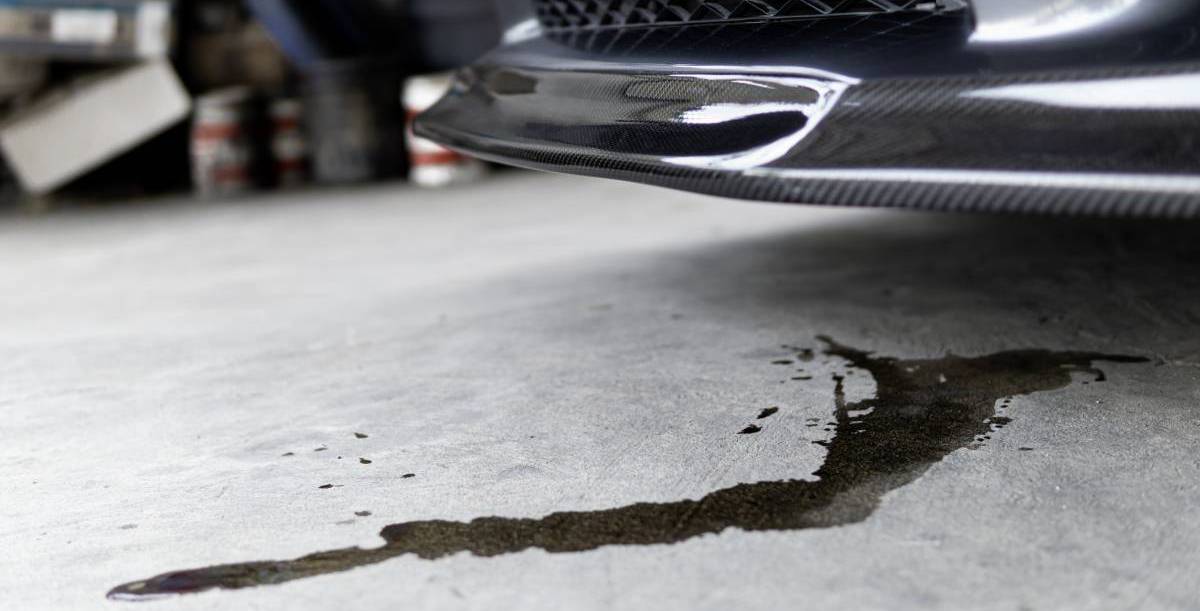
How to clean a garage floor
Read more

How to get rid of dust in your home
Read more

Move out cleaning checklist
Read more

The ultimate spring cleaning checklist
Read more
Related price guides

How much does tile cleaning cost?
Read more

Average price of move out cleaning
Read more
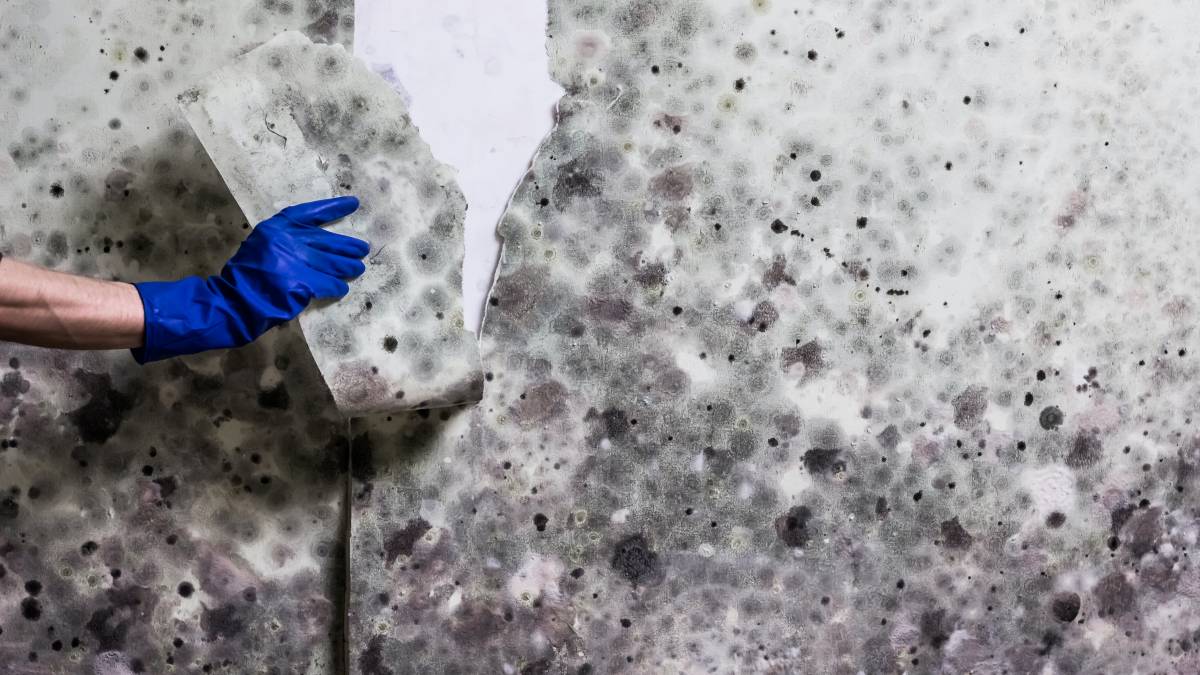
How much does mold removal cost?
Read more
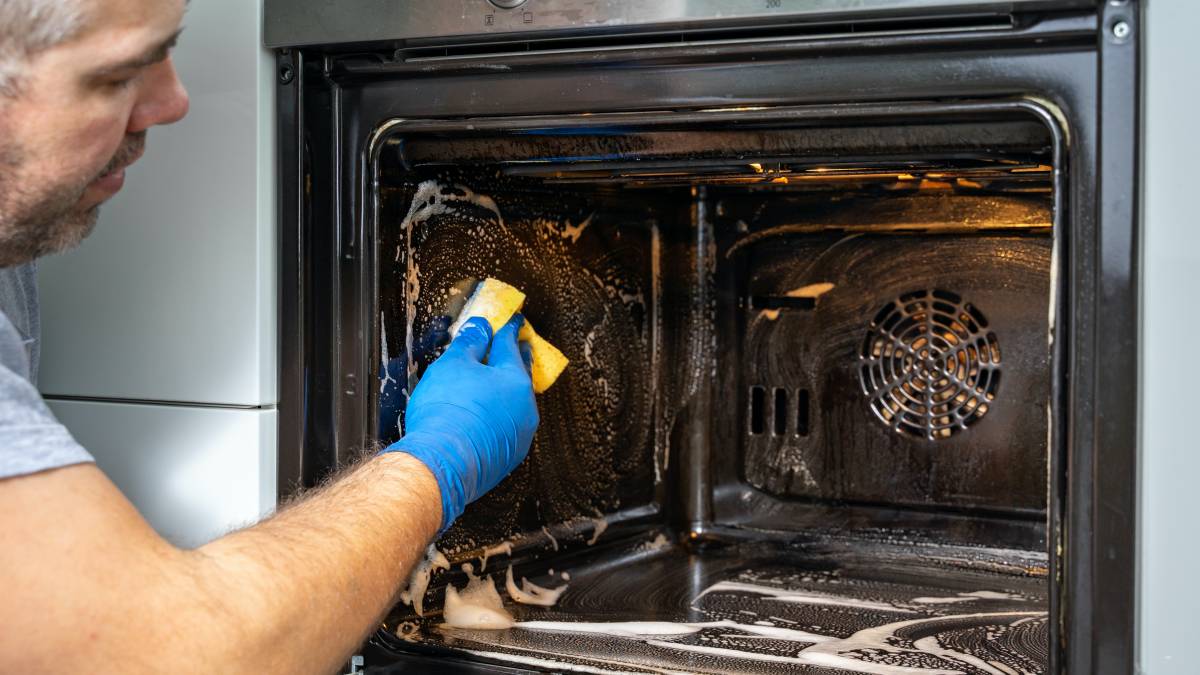
How much does oven cleaning cost?
Read more

How much does a cleaner cost?
Read more

How much does office cleaning cost?
Read more

How much does attic cleaning cost?
Read more

How much does floor cleaning cost?
Read more

How much does brick cleaning cost?
Read more

How much does blind cleaning cost?
Read more
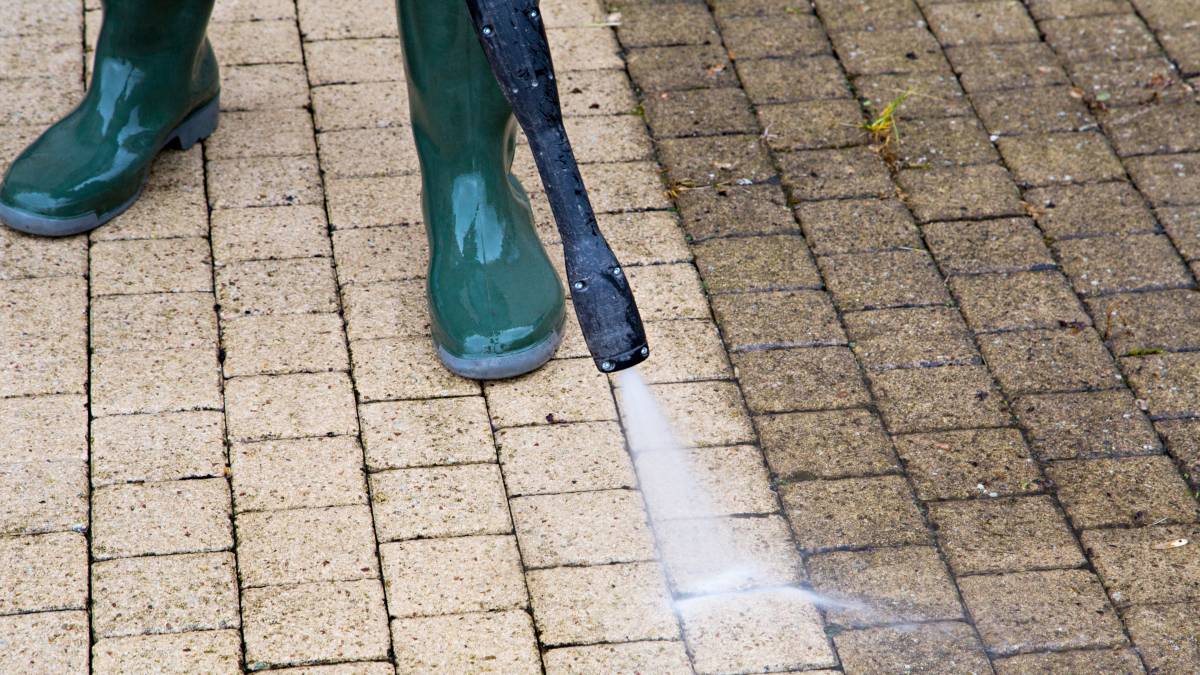
How much does pressure washing cost?
Read more
